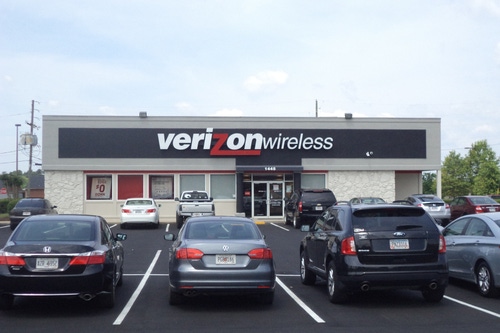July 13, 2020

The software uses natural language recognition to free up human agents
Google’s Contact Center AI has been generally available since last November; now, in a significant win for the platform, telecommunications giant Verizon has announced it will be piloting the tech in a bid to improve its customer service experience.
Contact Center AI was originally announced at Google Cloud Next '18.
It intends to help businesses build smarter contact center solutions by enabling automated, personalized support for basic queries, allowing human agents focus on more complex problems.
Betting on bots
‘Chatbots’ of this nature are already common in customer service, using natural language recognition so that users can say or type in their request – no need for option trees or menu prompts. In addition, the Google Cloud platform is able to handle multiple questions at once while maintaining the context of the conversation. If the system can’t handle the query, it will pass the call to a human agent.
The machine learning (ML) model powering the software draws its data from millions of historical support logs relating to the types of questions customers usually ask. Its constant learning allows the system to take into account evolving linguistic styles, as well as changing products and the issues that may arise from them.
This, Google promises, will enable faster processing times and wider access to personalized customer data and insights, lead to shorter call times, quicker troubleshooting and resolution and, ultimately, happier customers.
In a statement, Google Cloud CEO Thomas Kurian said, “By helping Verizon re-imagine the customer experience through our AI and ML expertise, we can create an experience that not only delights consumers, but also helps differentiate Verizon in the market."
The pairing marks a step forward for Google Cloud’s AI objectives, which under Kurian’s direction involve six key industry verticals, including the telco industry. Having a major consumer-facing name like Verizon among early adopters will certainly help push the uptake of this kind of technology, particularly as recent global events have only highlighted the pressing need for remote customer service.
About the Author(s)
You May Also Like


.jpg?width=700&auto=webp&quality=80&disable=upscale)
.jpg?width=700&auto=webp&quality=80&disable=upscale)
.jpg?width=700&auto=webp&quality=80&disable=upscale)
.jpg?width=300&auto=webp&quality=80&disable=upscale)
.jpg?width=300&auto=webp&quality=80&disable=upscale)
.jpg?width=300&auto=webp&quality=80&disable=upscale)

